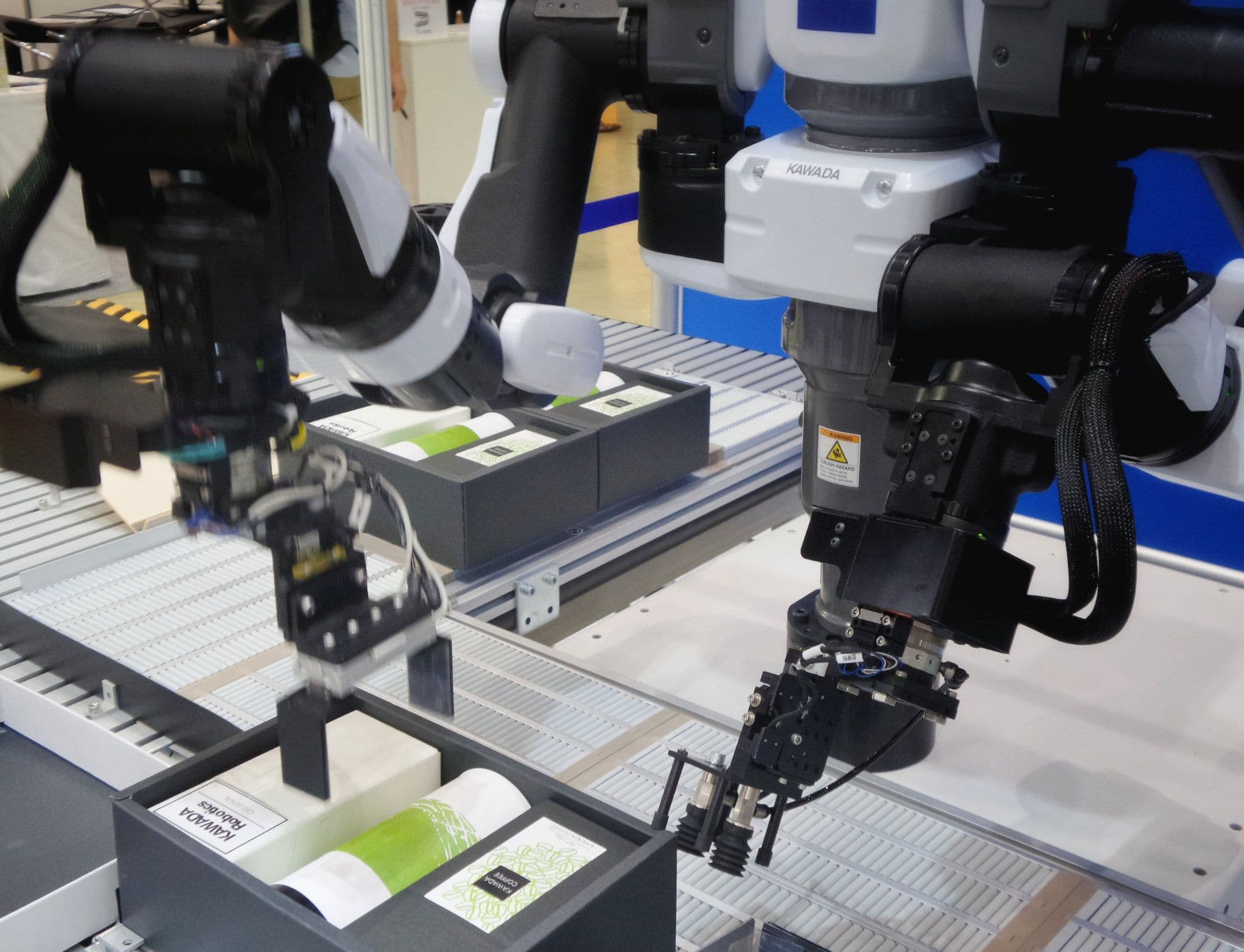What can I use Artificial Intelligence for in my company?
Juan Besari||Artificial Intelligence|5 min read

Artificial Intelligence. These are two words that are becoming very common in both business and everyday vocabulary. More and more products and services are coming to our attention that use Artificial Intelligence as an enabler of their capabilities.
Thanks to the Hollywood effect and writers like Isaac Asimov, the concept is not completely foreign to us: machines that emulate human capabilities, such as thinking and the ability to process information.
Early cases of Artificial Intelligence
In 1956, John McCarthy coined the term "Artificial Intelligence" and founded the first Artificial Intelligence laboratories: the first in 1957, at the prestigious Massachusetts Institute of Technology (MIT); and the second in 1963, at the prestigious Stanford University. In these labs, the theoretical foundations of the technology were established and the first test prototypes were created. In 1996, an IBM Artificial Intelligence project, the Deep Blue computer, managed to beat the then world champion Gary Kasparov at chess. This was one of the first high-profile cases in which the business public could see the impact that Artificial Intelligence could have.

How the world's most valuable companies are using AI
Artificial Intelligence is no longer an exotic and experimental concept for companies, it now represents a real opportunity for business.
The world's most valuable companies, many of them exponents of digital transformation, have been pioneers in identifying the potential of this technology and harnessing its use:
- Google, owned by the multinational Alphabet, is a major player in Artificial Intelligence and uses it for numerous purposes, including natural language processing, automatic object and image detection in videos and photographs.
- Apple has had numerous AI divisions specialising, for example, in developing conversational bots such as Siri and facial expression detection.
- Facebook, owner in 2021 of three of the five most used apps in the world (Whatsapp, Instagram and Facebook) uses AI in automatic decision-making projects, predictive systems and face and object identification.
- Amazon, the world's most visited marketplace, uses Artificial Intelligence to manage its shop, as well as to automatically process documentation and streamline operations through optimisation algorithms.
All of these companies also use AI to help executives gather massive amounts of information and make decisions, giving them visibility and control over the business through objective data, projections and predictions.
Technology applications in my company
However, a reader who is not an owner of one of the world's most valued companies might ask, what can I use Artificial Intelligence for in my company?
The answer is that you can already use AI in your business for any and all of the functions we have named in the cases of Google, Apple, Facebook and Amazon. This includes everything from Amazon's automated document management systems, to Google's natural language processing, to intelligent dashboards and data collection systems for managers.

A tool at your fingertips
Artificial Intelligence has become a tool that Exponentia puts within reach of companies, aligning its use with business strategies, analysing first-hand the needs and opportunities of each company.
The time is now for all sectors
Artificial Intelligence is applicable in all productive sectors, from law firms to all types of offices, from factories to online shops. It is already a revolution that will be equivalent to the change brought about by the advent of the internet: companies that take advantage of the technology early will have a huge competitive advantage; however, companies that delay adoption will find it difficult to compete as they will be at a digital disadvantage. This process of loss of competitive advantage, known as Digital Darwinism, highlights the need for companies and individuals to adapt to the new junctures that have arisen as a result of digitalisation. And Artificial Intelligence will be no exception.
Government support
In the process of adoption of Artificial Intelligence by companies, the role played by governments and public administrations is key. At the end of 2020, the Spanish Prime Minister presented the National Artificial Intelligence Strategy (ENIA for its acronym in Spanish) with a public investment of 600 million Euros in the period 2021-2023. This event represents the biggest movement and institutional support that Artificial Intelligence has received in the history of Spain.
The National Artificial Intelligence Strategy follows in the wake of numerous policies and strategic plans that have been published by the world's leading governments and institutions, from the United States and China to the European Commission.
These strategic plans are accompanied by funding programmes announced by the different administrations (both regional and national in the case of Spain), making it easier for companies to adopt the technology in an increasingly globalised and digital market in the opportunity represented by the integration of Artificial Intelligence in their business.